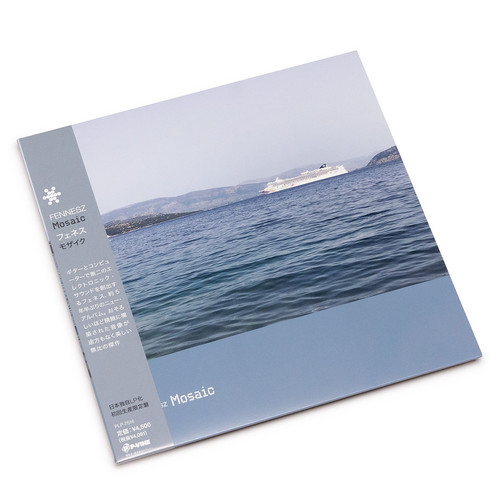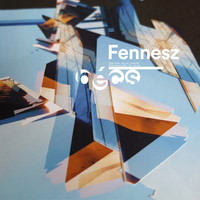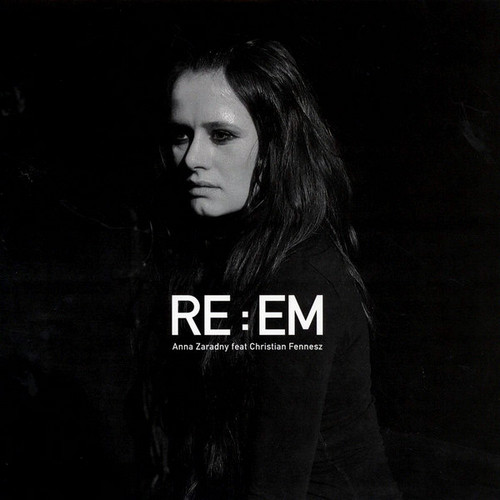Fennesz
Mosaic
★ Japan exclusive LP ★ First press limited edition. Fennesz, who creates unique electronic sounds with guitars and computers, has released his first album in about five and a half years, "Mosaic." It is an unparalleled masterpiece with incredibly beautiful sound images constructed with incredible precision. This is Fennesz's most introspective album to date. It was written and recorded at the end of 2023 and finished in summer 2024. Fennesz opened his third new studio space in the last four year…
Becs
*2022 stock* CD edition: the last time Fennesz released an album on Austrian label Mego it was 2001 and the name of that release was 'Endless summer'. Now, in 2014 P-Vine Records is extremely proud to release the conceptual follow up that landmark of abstract pop. Becs (pronounced 'baeetch') is Hungarian for Vienna and is the first full length Fennesz solo release since 2008's 'Black Sea'.
Eschewing the more drone orientated works of 'Black Sea', 'Becs' returns to the more florid pop mechanisms …
RE : EM
The brilliant Anna Zaradny's follows up her engrossing debut with this new EP featuring a sumptuous Fennesz rework of her New feat Old, following hot on the heels of Robert Piotrwicz's crushing side, Stara Szkola Ze Zlota, to remind us the ascetic, uncompromising brilliance of Polish experimental music at its best. On the front Zaradny utterly dominates the senses with a pulsating deconstruction of Stop the Chaos; originally a sub-3 minute rager, now distilled and expanded to three times the len…
Live at the LU
Recorded in May of 2002, almost a year after Fennesz' surprisingly successful (commercially) release, Endless Summer, one might have expected that this pairing would produce an intriguing collision of opposing forces. On the one hand you have all the pop-influenced, steamily melodic and erotic explorations that Fennesz had developed in the prior years. Countering that, one could readily imagine Keith Rowe as saboteur, finding rifts in the smooth mass to deviously penetrate and deflate. This does…



